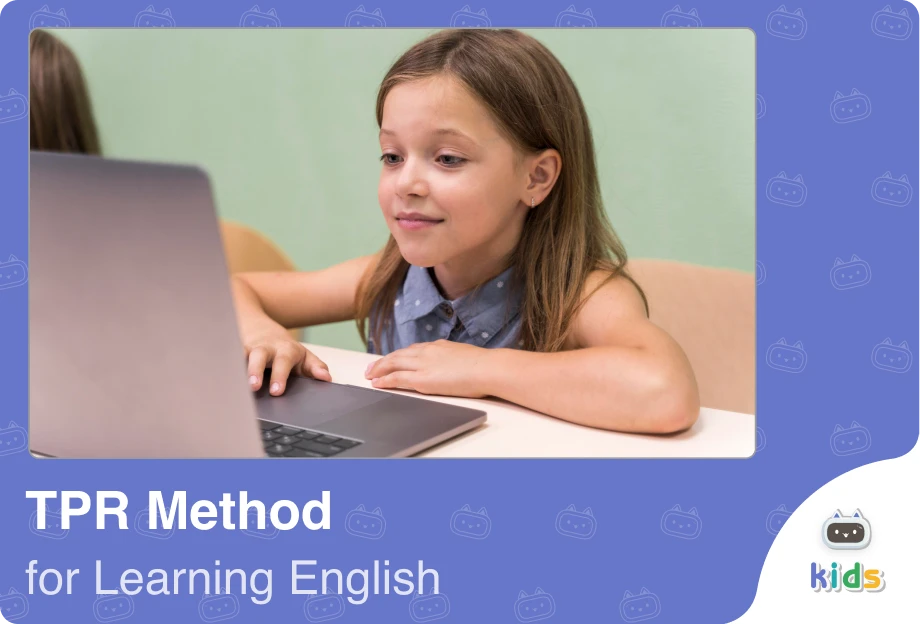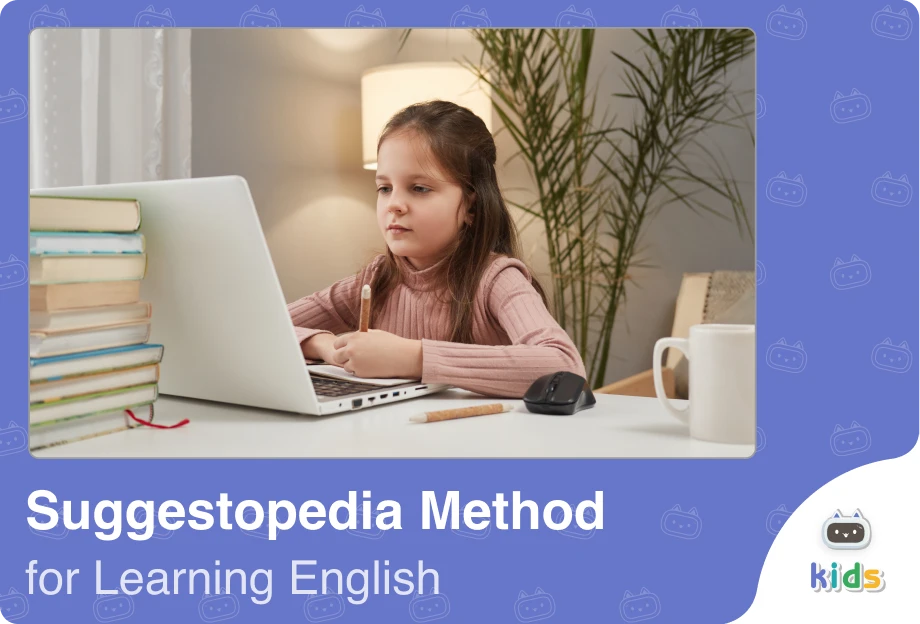Understanding the difference between basic and advanced English vocabulary can make a significant impact on communication skills, especially for language learners aiming to sound more fluent and expressive. Basic words cover everyday conversations, enabling speakers to convey general ideas clearly. Advanced vocabulary, on the other hand, provides a way to express more nuanced thoughts, present a richer perspective, and adapt to various professional or academic contexts. This guide will explore common basic words alongside their advanced counterparts, offering insights on when and how to use them to elevate your English proficiency and communicate with precision.
Normal English vs Advanced English
Creating a comparison between Normal (or Basic) English and Advanced English can be a valuable way to expand your vocabulary and enhance your communication skills. Basic English provides the foundational words and expressions needed for everyday interactions and straightforward conversations. However, shifting to Advanced English allows you to articulate ideas with more depth, accuracy, and subtlety, which is particularly useful in professional or academic settings.
| Basic | Advanced |
|---|---|
| Adult | Mature |
| Angry | Furious |
| Big | Colossal |
| Big | Gigantic |
| Child | Adolescent |
| Cowardly | Timid |
| Dark | Obscure |
| Day | Diurnal |
| Difficult | Challenging |
| Dishonest | Deceitful |
| Easy | Effortless |
| Excellent | Superb |
| Generous | Benevolent |
| Good luck | Break a leg |
| Honest | Sincere |
| Night | Nocturnal |
| Noisy | Raucous |
| Patient | Tolerant |
| Polite | Courteous |
| Poor | Impoverished |
| Quiet | Serene |
| Rude | Impolite |
| To keep secret | To keep something under wraps |
| Small | Petite |
| Stingy | Miserly |
| Strong | Vigorous |
| Talkative | Loquacious |
| To Break | To Shatter |
| To Build | To Construct |
| To Buy | To Purchase |
| To Close | To Seal |
| To Come | To Arrive |
| To Continue | To Persevere |
| To Die | To Perish |
| To Eat | To Consume |
| To End | To Terminate |
| To Explain | To Clarify |
| To Find | To Discover |
| To Fix | To Repair |
| To Get | To Obtain |
| To Get married | To Tie a knot |
| To Give | To Bestow |
| To Go | To Proceed |
| To Have | To Possess |
| To Help | To Assist |
| To Hide | To Conceal |
| To Hurt | To Injure |
| To Improve | To Enhance |
| To Leave out | To Omit |
| To Like | To Prefer |
| To Live | To Exist |
| To Look | To Gaze |
| To Love | To Adore |
| To Make up | To Fabricate |
| To Meet | To Catch up |
| To Need | To Require |
| To Open | To Unveil |
| To Say | To Utter |
| To See | To Perceive |
| To Sell | To Vend |
| To Show | To Demonstrate |
| To Sleep | To Slumber |
| To Start | To Initiate |
| To Stop | To Halt |
| To Talk | To Converse |
| To Tell | To Inform |
| To Think | To Contemplate |
| To Understand | To Comprehend |
| To Walk | To Stroll |
| To Want | To Desire |
| To Win | To Triumph |
| Very cold | Freezing |
| Very happy | Over the moon |
| Very rarely | Once in a blue moon |
| Very tired | Exhausted |
| Weak | Feeble |
Frequently Asked Questions About Basic vs Advanced English Words
Is it necessary to replace Basic English words with Advanced ones?
Not always. The choice depends on the context; Advanced English is best suited for formal or complex discussions, while Basic English is perfectly fine for casual, everyday conversations.
What is the difference between Basic and Advanced English words?
Basic English words are simpler, everyday terms used to communicate fundamental ideas. Advanced English words, on the other hand, often carry more specific, nuanced meanings and are typically used in professional, academic, or complex conversational contexts.
How can I effectively practice using Advanced English words?
Practice by reading higher-level texts, using Advanced English in sentences, and trying to incorporate new vocabulary into daily conversations.
What types of resources are best for learning Advanced English vocabulary?
Reading advanced literature, using vocabulary apps, practicing with language learning platform, EnglishCentral, and engaging in discussions on complex topics are all excellent resources.
Would you like to put what you have learned into practice? You can access everything you need to learn English on a single platform! With 25-minute one-on-one live English lessons, 40-minute group lessons, more than 30,000 interactive videos, vocabulary learning tools, AI-supported tutor MiMi, quizzes, and interactive activities, EnglishCentral offers its users a personalized and quality education plan at an affordable price. How about registering for EnglishCentral now and starting to learn English?











